granpa apartment guards
| Sometimes if not often it's worthwile to have a look at other than major Korean newspapers to see interesting and important pieces such as the two-part report on the guards working in apartment and public and private facilities in Kookje Sinmun ("kookje" is how the paper itself writes). The report is titled a bit sentimentally with appeal to family sensibilities - "Guards, our fathers" - but it also tells the fact that most of them are aged past 60. Inhospitability of the apartment inhabitants, very long hours, poor pay, non-permanent contracts are the main characteristics of this work which is the male equivalent of jobs available for aging women in cleaning and restaurants for example. One yet common thing with these jobs is that they are not actually meant to provide living wages as they are not intended for "household heads" but women in need to add to the family income or a retired man to make some pocket money on top of what he's supposed to be provided by his children or have as retirement funds. • Guards, our fathers. Part 1, general conditions • Guards, our fathers. Part 2, labor conditions The most shocking (yes, shocking, and I don't use that word easily) piece of info in the articles are the working hours: according to the National Union of Caretakers [전국시설관리노조] the average monthly hours are 360 in daily 12 hour shifts. 360, that almost doesn't make sense and sounds unbelievable. For all that, monthly pay is 600 000 won [460€], of which the "human resource" company in many cases takes 20000 and leaves the guard with four hundred thousand a month. Would the apartment residents be willing to pay more for the services of the guards or do they take the cheapest alternative? And the It seems to me that these grandpa guards are in an especially weak position to improve their conditions: they're not expected to make much of a living with the job and unless or until the pension system is developed so that retirees can choose not to work, people will seek these jobs. And of course in regard to the working conditions of the guards, we have the Korean class distinctions, instincts and attitudes at play here: Despite of the 12 hour shifts and otherwise difficult work conditions, the inhospiotability (naengdae) of the residents makes him the most sad. He is exchausted after all the parking supervising, apartment inspection, and doing all kinds of chores for people, but all he gets are their complaints.  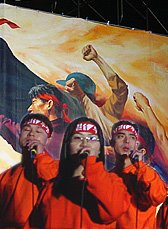 (Cannot help wondering how representative the National Union of Caretakers [전국시설관리노조] is - at least the header photo (left) in the homepage has young women and men having a performance in front of a "Korean movement realism" painting. Well, fortunately in further clicks the appearing persons (far left) resemble more those who can be seen sitting in those minuscule boxes at the apartment doors. All the best for them in their efforts.) (Cannot help wondering how representative the National Union of Caretakers [전국시설관리노조] is - at least the header photo (left) in the homepage has young women and men having a performance in front of a "Korean movement realism" painting. Well, fortunately in further clicks the appearing persons (far left) resemble more those who can be seen sitting in those minuscule boxes at the apartment doors. All the best for them in their efforts.)Categories at del.icio.us/hunjang: work ∙ stratification ∙ Koreansociety |



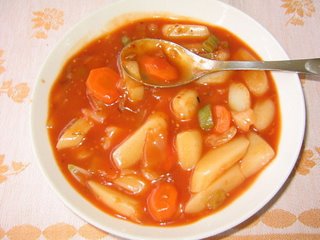
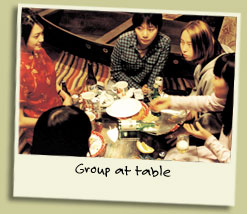

 In the midst of all the bad blood between Korea and Japan and at worst unacceptable expressions of hate, there are luckily those who believe that (South) Korea and Japan are better to be in some kind of relations. The reason why I pay attention to the concert for the 40th anniversary of the Korean-Japanese diplomatic relations is that the Korean performer is none other than
In the midst of all the bad blood between Korea and Japan and at worst unacceptable expressions of hate, there are luckily those who believe that (South) Korea and Japan are better to be in some kind of relations. The reason why I pay attention to the concert for the 40th anniversary of the Korean-Japanese diplomatic relations is that the Korean performer is none other than 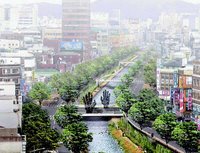
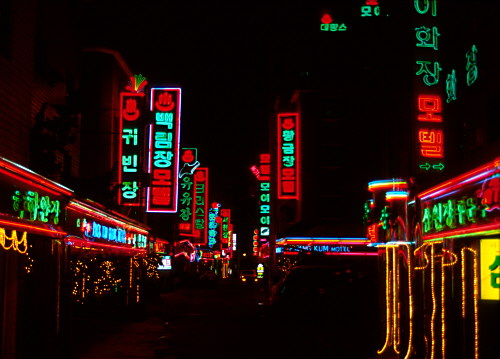
 (This posting has been inspired by
(This posting has been inspired by